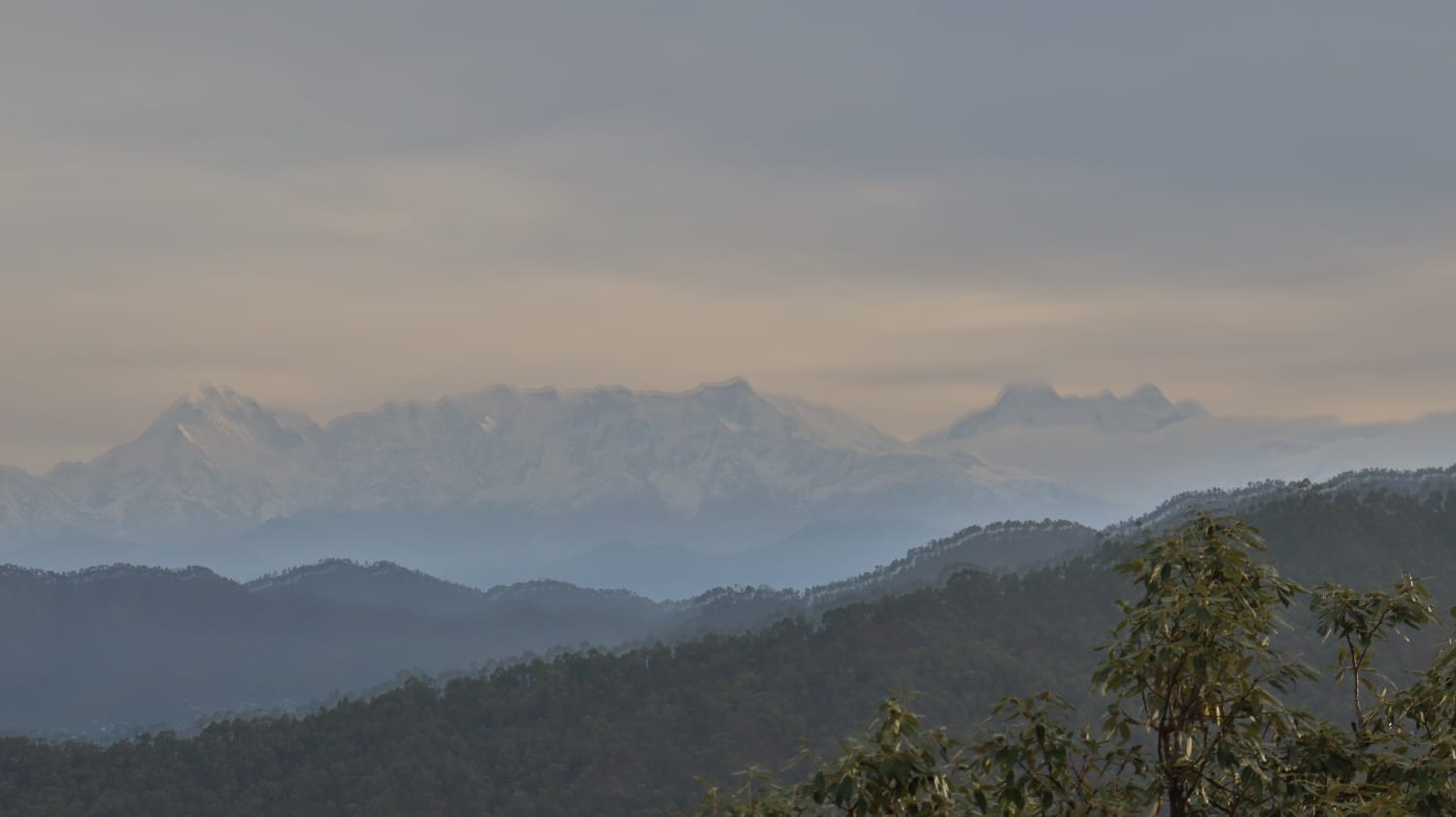By Erum Khan
In our fast-paced modern world, the profound disconnection between humanity and the natural realm stands as one of our greatest challenges. The mesmerizing landscapes where our journey commences, playing under trees, running through farms, and dwelling by rivers, have been forsaken in the wake of commercialization and industrialization. This detachment, eroding our spiritual existence, beckons us to reclaim our roots and rediscover the profound connection we once held with nature.
Poet Anita Barrows beautifully encapsulates the innate awareness we possess, even as infants, of the elements—wind, light, temperature, texture, and sound—forging a foundation for our intimate connection with the creative wisdom of the natural world. In a world consumed by the hustle, the call to observe and connect with nature echoes through the voices of poets, scientists, and philosophers, urging us to breathe in the oxygen bestowed by trees, drink from lakes and springs, and absorb materials from the earth. The eloquent words of Alan Watts resonate, reminding us that we are extraordinary phenomena, intricately linked to the patterns of nature.
_____

______
Amid this narrative unfolds the stress-laden tapestry of modern life, marked by an insatiable craving for digital engagement. The historical context of this craving, rooted in our ancestors’ survival instincts triggered by shared information, has evolved into a contemporary addiction to smartphone notifications. The paradox of feeling “good” while experiencing low and shallow social media interactions leads to what is now termed “solitarism”—loneliness masked by digital connectivity.
As we navigate this extraordinary time in human history, a growing need for disconnection emerges. International polls reveal a desire to break free from the shackles of digital dependency, with 40% of adults expressing the need to ‘disconnect.’ The repercussions of this dependence extend beyond social ramifications, delving into health costs such as visual fatigue, headaches, and the disruption of sleep-inducing hormones.
Solution
Proposing a solution to the profound issues of our modern era, I advocate for humanity to recalibrate its relationship with distraction-prone devices. In this endeavor, my visionary approach steps in, emphasizing the urgent need for mindfulness in our device-driven lives. My commitment involves shaping a new code of ethics, fostering social etiquette, establishing positive cultural norms, and raising awareness about detrimental habits related to constant device use. What I propose isn’t merely a digital detox retreat; it’s a comprehensive lifestyle shift—a deliberate slowdown to inspire, educate, and empower individuals to lead mindful, meaningful, and balanced lives in both the online and offline realms.
__________

__________
In my perspective on wellness, I replace the conventional notion of luxury with a broader ideal of overall well-being. This wellness philosophy, rooted in ethical values, environmental respect, and the revival of traditions, aims to restore physical and mental equilibrium. Picture a sanctuary where individuals willingly surrender their fast-paced lives for an immersive experience of growth, reflection, and community. This haven, devoid of technological distractions, becomes a canvas for reconnecting with the essentials—us, each other, our communities, and the world around us. It is a movement dedicated to creating a world that generations to come will be proud of, grounded in a deep understanding of the intimate connection between humans and nature.
This visionary concept promotes a slow-down lifestyle—a call to pause, reflect, and reconnect with what truly matters. Five vital elements form the pillars of this transformative experience—mindfulness, movement, holistic workshops, free time/playtime, and stress relief. Nature meditation becomes more than a practice; it evolves into a profound way of enhancing connections and promoting well-being.
As a thought leader in the wellness space, my commitment extends beyond personal well-being. I advocate for establishments globally that align with principles of sustainability, mindfulness, and a genuine human-nature connection. In this vision, the core lies not merely in luxury but in contributing to sustainable development. The call is to create sustainable boutique spaces, not confined to developed regions but extending into developing areas. These spaces, infused with innovative wellness solutions, become not only havens for health-conscious travellers but also catalysts for transforming regions into new, sustainable destinations.
This initiative aims to revolutionize the wellness tourism industry, offering concrete ideas to combat over-tourism and address the root problems of unhealthy lifestyles globally. It is a testament to the belief that wellness experiences can serve as beacons of hope, guiding humanity toward a healthier, more connected future.
(Erum Khan: Senior Fellow UNSDG’s, Sustainable Tourism expert, Luxe Travel Visionary, and Writer at LUSH. With over 16 years of expertise, Erum seamlessly intertwines elegance with purpose. As a dynamic speaker at the UN, her influence extends beyond borders, shaping a narrative where luxury and sustainability coalesce. An educator, adventurer, wellness advocate, naturalist and LUSH contributor, Erum’s stories redefine travel, inspiring a conscientious exploration of the world)
___



